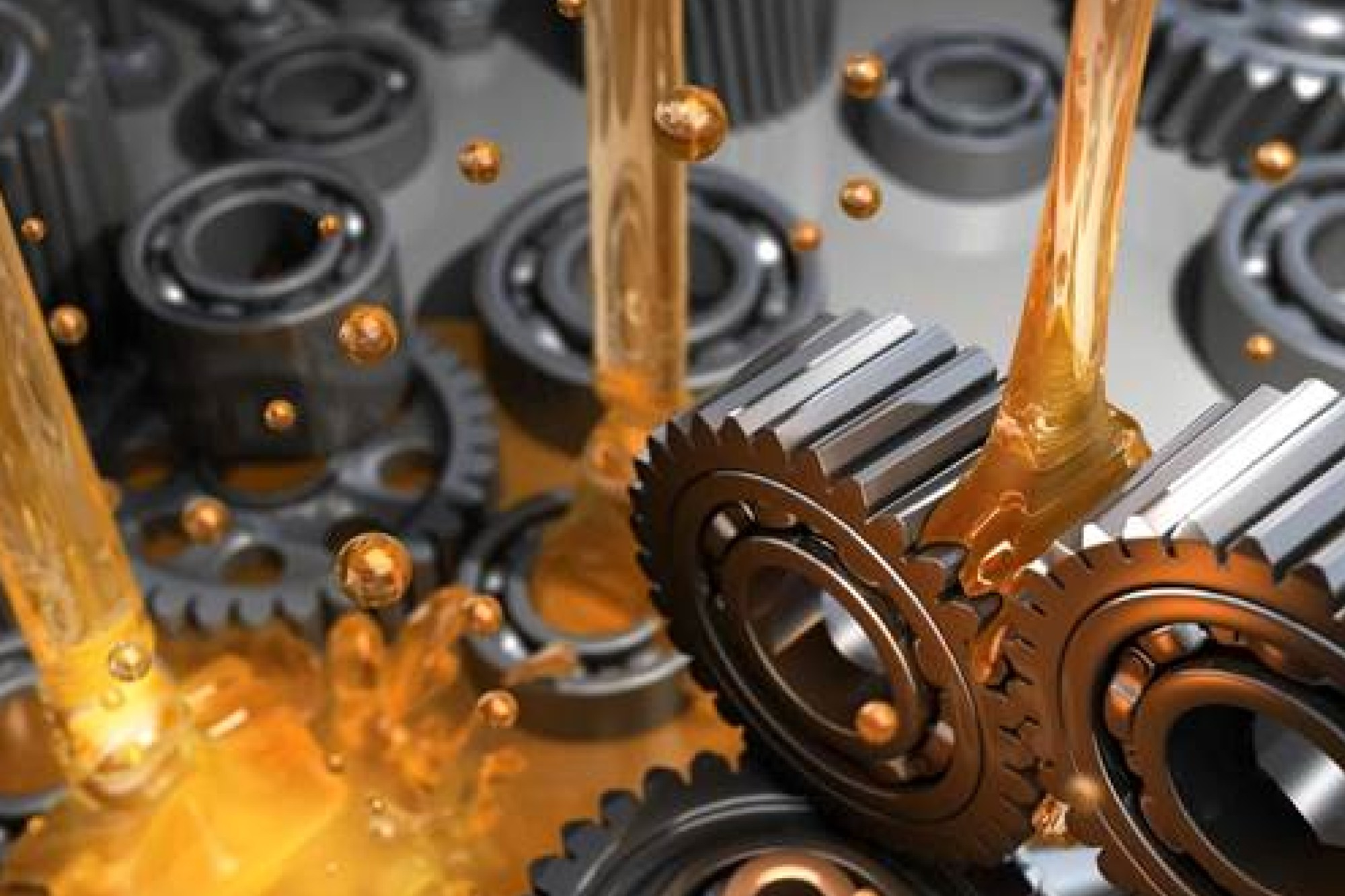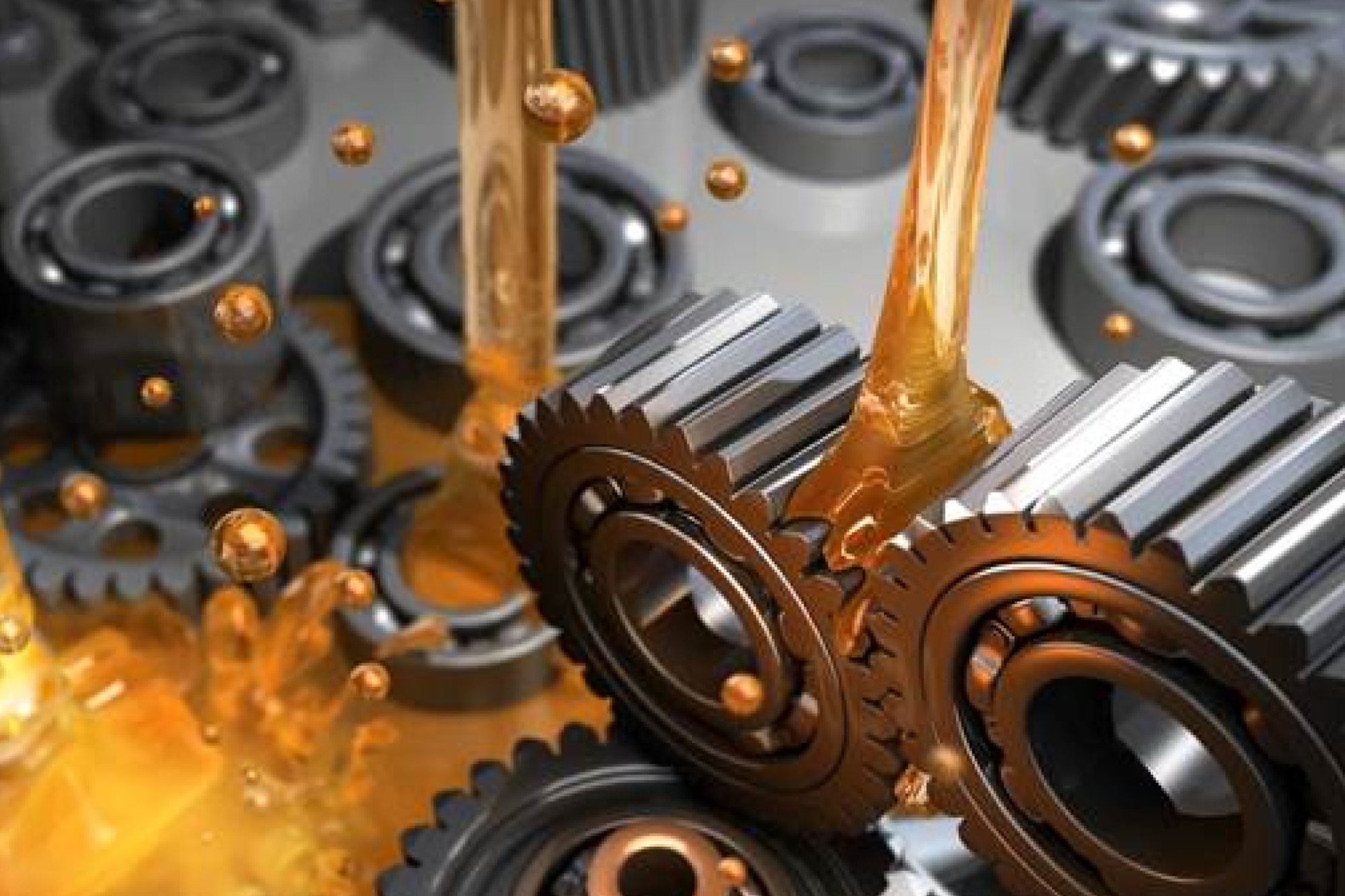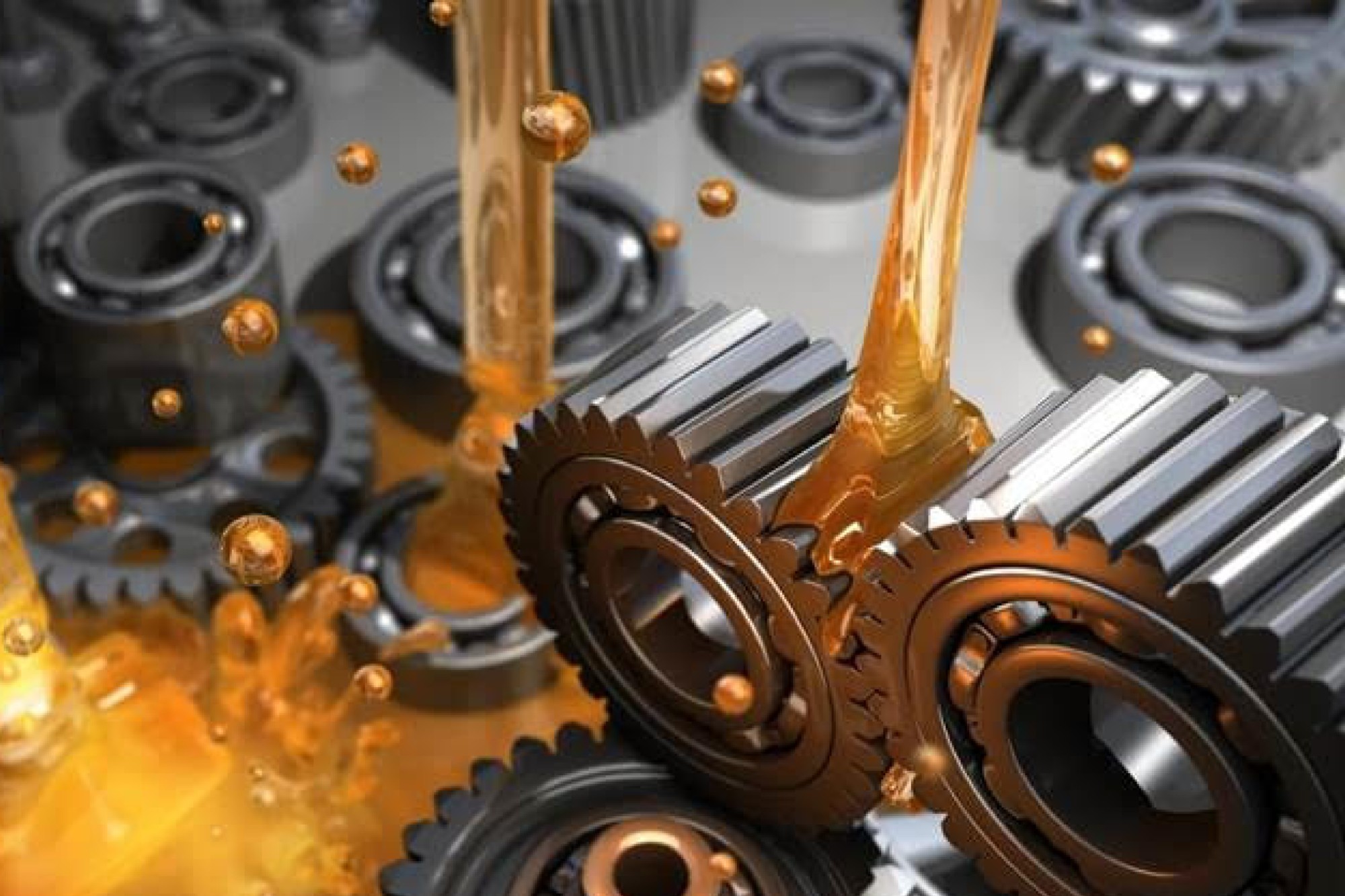Proper lubrication of valves
By Staff Report October 7, 2024 6:28 pm IST
As a field engineer, Alexander Emelue, Co-founder of Tedtech Well Services, often witnessed companies prioritising reduced maintenance and cost over proper lubrication of valves. However, he shares that valves require adequate lubrication, as they are made from metals and alloys and are highly susceptible to failure.
Companies look at how they can reduce maintenance costs and increase productivity. Proper lubrication is frequently sidelined in this pursuit. Using the right lubricants is usually overlooked when a valve operates without apparent integrity issues. The temptation to rely on general-purpose grease becomes a default practice due to its lower cost than specialised lubricants designed for harsh conditions. This short-term approach leads to avoidable problems.
Proper maintenance involves avoiding the cart before the horse mentality, focusing on achieving immediate results and avoiding neglecting critical steps. Success in planning involves thorough brainstorming, selecting suitable materials, spares, manpower, and resources, and progressing to implementation and commissioning.
Valves and their components are typically made from metals and alloys. They are highly susceptible to failure if not appropriately maintained. Despite their smooth, polished surfaces, the metal-tometal sealing faces are not as flawless as they appear. Microscopically, these surfaces reveal tiny imperfections, such as hills and valleys, that can cause friction when in contact. Over time, friction can wear away contact points, potentially leading to leaks and other failures.
When selecting lubricants for these valves, extra care must be taken to match the grease to the well’s operating conditions. Relying on general-purpose grease meant for storage valves or using grease designed for low-temperature wells in high-temperature environments can have serious consequences. Every lubricant’s rheology (flow behaviour) differs greatly, so effective maintenance begins with careful planning and the right lubricant selection before any work is executed.Implications of poor lubrication
Taking shortcuts will not lead to long-term solutions. When the wrong lubricants are used on valves, their lifespan is reduced, leading to costly repairs. In some cases, these repairs can cause downtime and production losses. The typical response from companies is to replace the valve entirely, creating a repetitive cycle that will persist until the correct lubricant decisions are made.
Thus, selecting the right lubricant for the correct operating conditions is key to preventing unnecessary costs, reducing downtime, and conserving resources. The correct choice by the users will give valves a new lease on life. Proper lubrication is not just an option; it is a necessity for long-term valve health and operational efficiency.
Cookie Consent
We use cookies to personalize your experience. By continuing to visit this website you agree to our Terms & Conditions, Privacy Policy and Cookie Policy.















